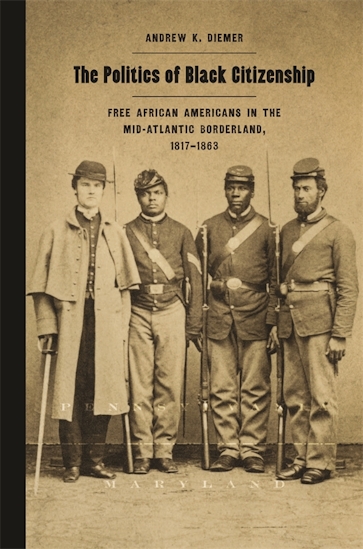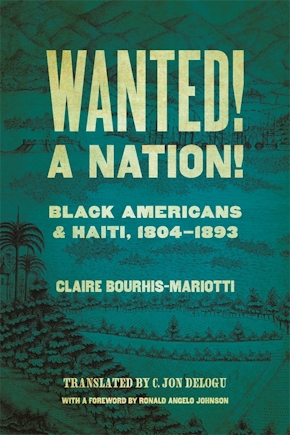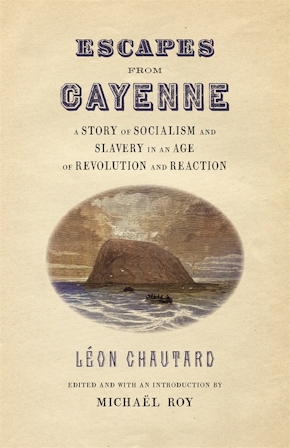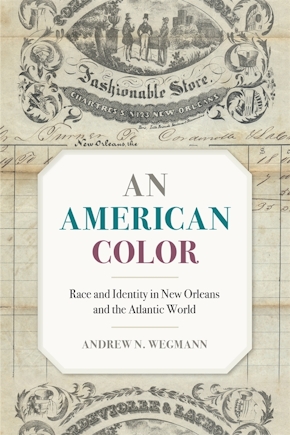The Politics of Black Citizenship
Free African Americans in the Mid-Atlantic Borderland, 1817–1863
Title Details
Pages: 272
Illustrations: 9 b&w images
Trim size: 6.000in x 9.000in
Formats
Paperback
Pub Date: 04/01/2019
ISBN: 9-780-8203-5550-4
List Price: $29.95
Hardcover
Pub Date: 07/15/2016
ISBN: 9-780-8203-4937-4
List Price: $51.95
eBook
Pub Date: 07/15/2016
ISBN: 9-780-8203-4936-7
List Price: $51.95
Subsidies and Partnerships
Published in association with Library Company of Philadelphia
Related Subjects
The Politics of Black Citizenship
Free African Americans in the Mid-Atlantic Borderland, 1817–1863
The crucial and active role of free African American communities in the development of antebellum politics
Skip to
- Description
- Reviews
Considering Baltimore and Philadelphia as part of a larger, Mid-Atlantic borderland, The Politics of Black Citizenship shows that the antebellum effort to secure the rights of American citizenship was central to black politics—it was an effort that sought to exploit the ambiguities of citizenship and negotiate the complex national, state, and local politics in which that concept was determined.
In the early nineteenth century, Baltimore and Philadelphia contained the largest two free black populations in the country, separated by a mere hundred miles. The counties that lie between them also contained large and vibrant freeblack populations in this period. In 1780, Pennsylvania had begun the process of outlawing slavery, while Maryland would cling desperately to the institution until the Civil War, and so these were also cities separated by the legal boundary between freedom and slavery. Despite the fact that slavery thrived in parts of the state of Maryland, in Baltimore the free black population outnumbered the enslaved so that on the eve of the Civil War there were ten times as many free blacks in the city of Baltimore as there were slaves.
In this book Andrew Diemer examines the diverse tactics that free blacks employed in defense of their liberties—including violence and the building of autonomous black institutions—as well as African Americans' familiarity with the public policy and political struggles that helped shape those freedoms in the first place.
—Register of the Kentucky Historical Society
—Journal of American Ethnic History
—Journal of the Early Republic
—Journal of American History



